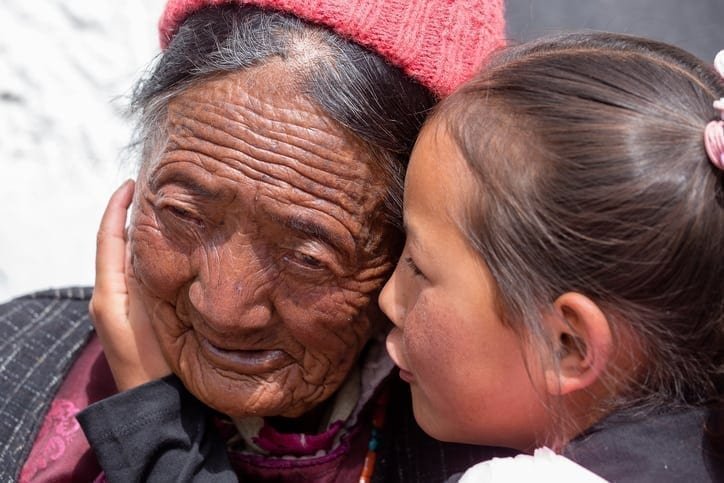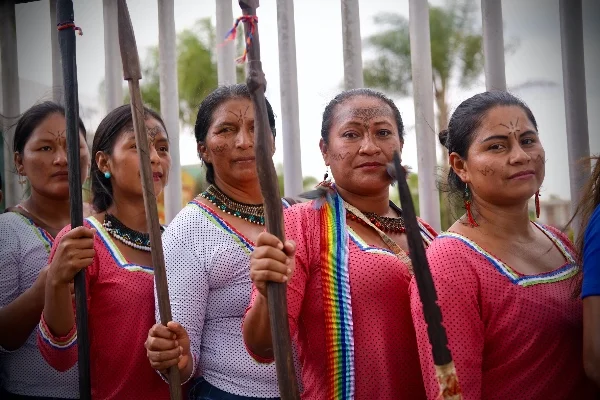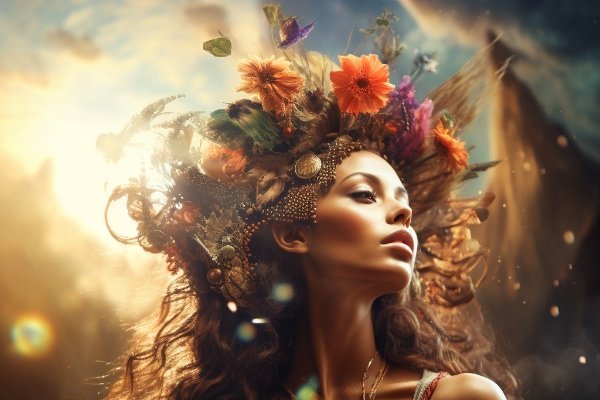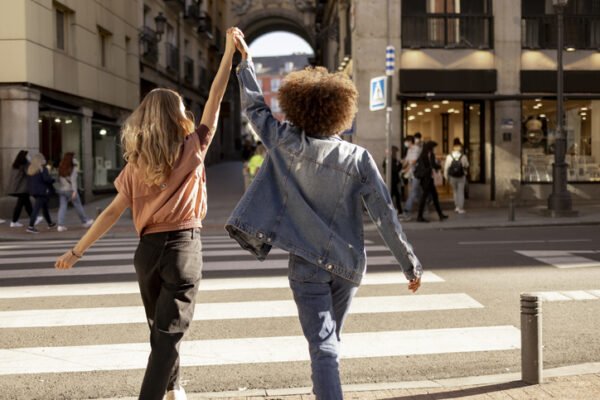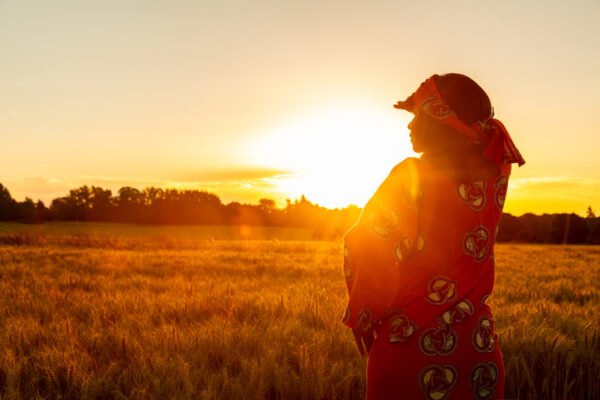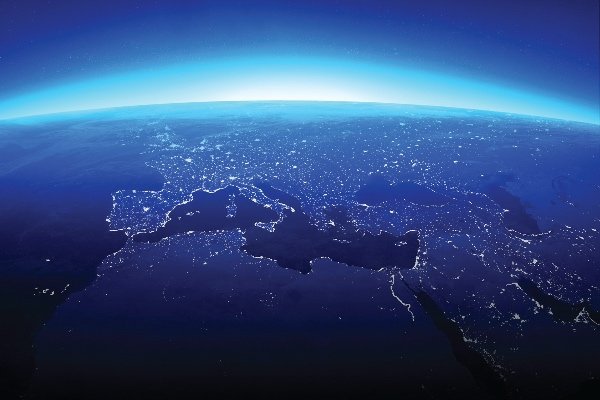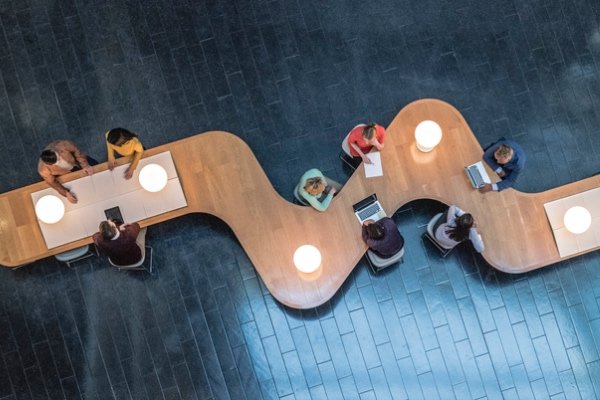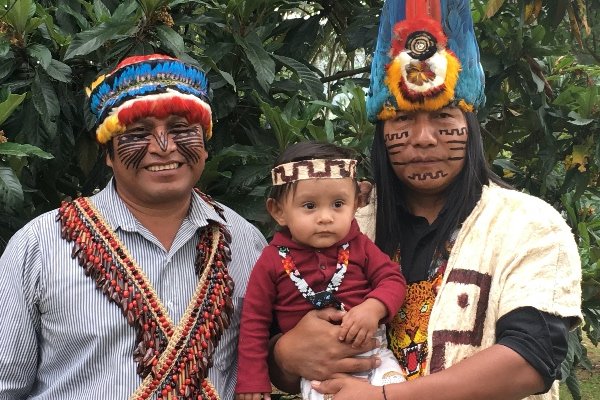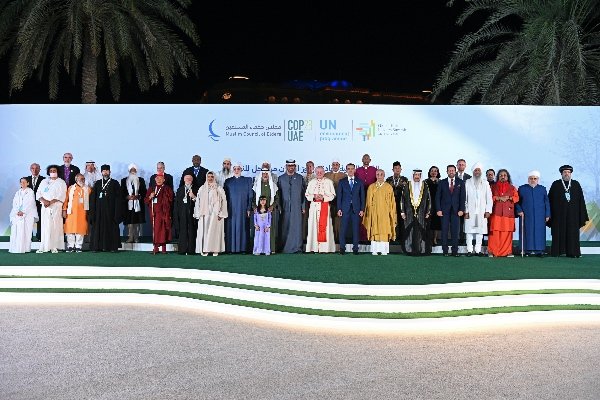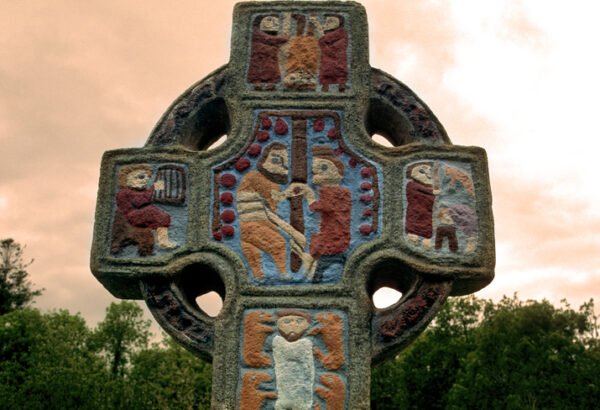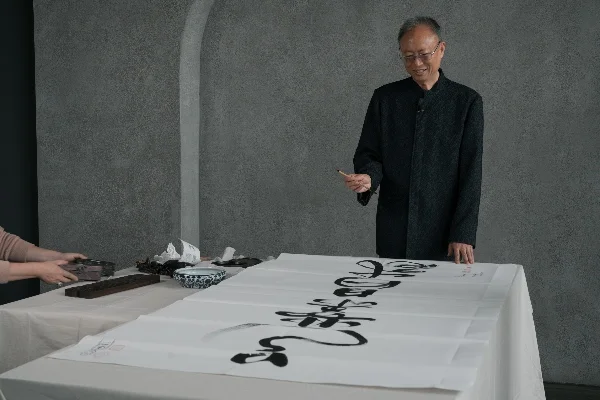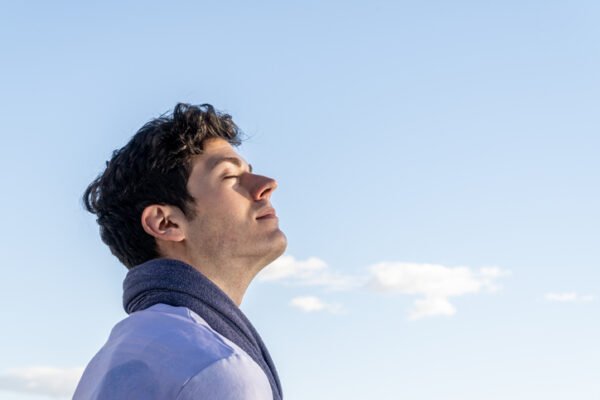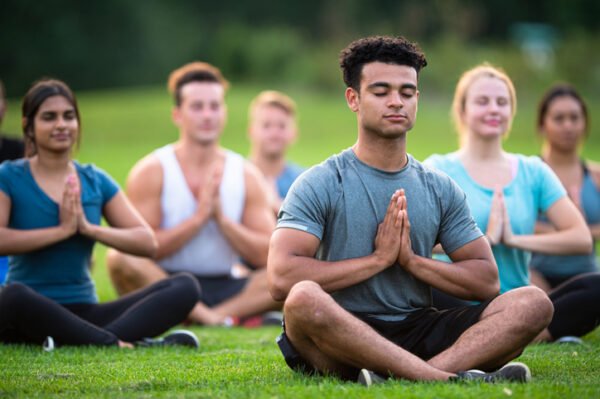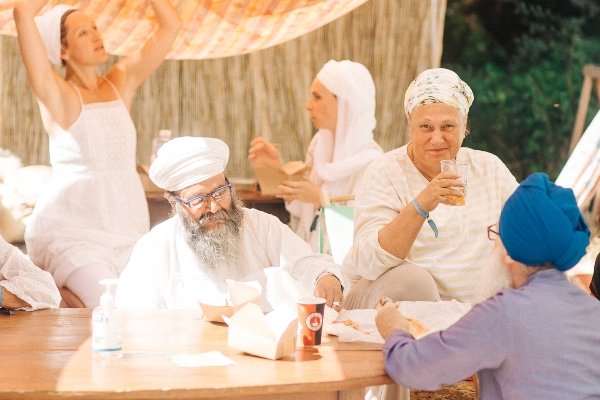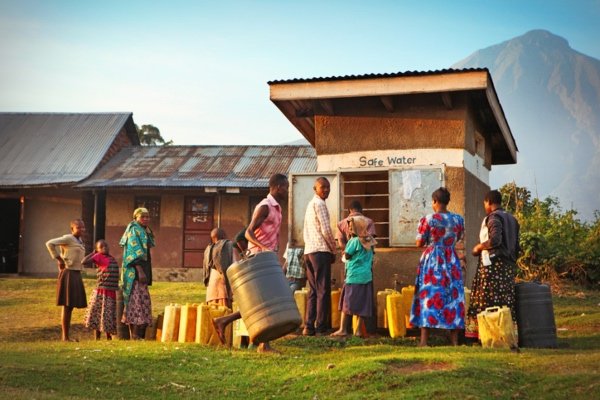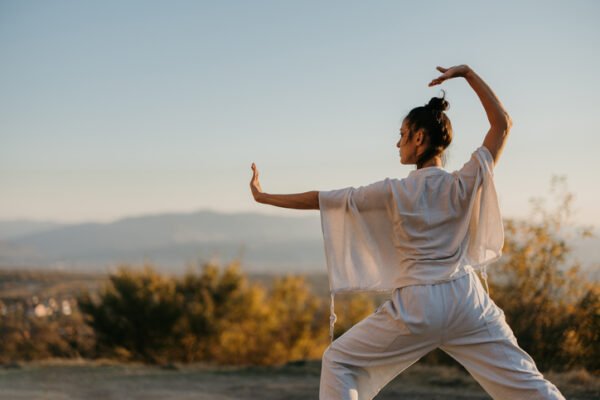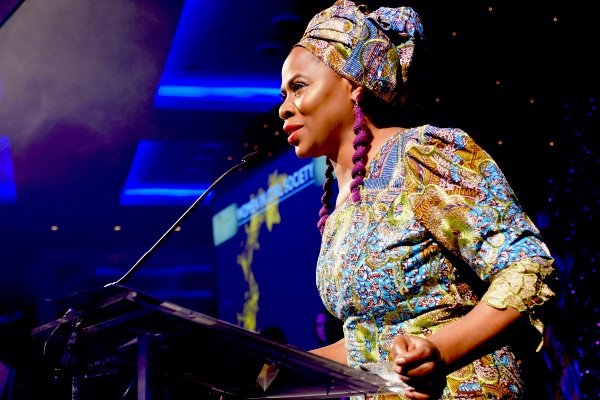In Britain today, we have millions of capable people over sixty or seventy, who have no sense of a positive role they could play in our society. This is a waste of potential, for them and for all of us, and it’s sadly different from the key roles that elders played in traditional tribal societies.
Clearly we live in a different world than those tribes, but we need to re-invent some of their wisdom. I’ve been exploring creative ageing for 10 years, as a writer and workshop leader. There are big opportunities here, but the over-sixties will have to seize them for themselves.
Think about the ‘opinion leaders’ of our times: who are they? Movie stars, sports stars and the faceless people behind the media. Most of them are young, and out for their own interests. Probably they find old age alarming: they have no idea how the experience of mature years could be of service to society.
Let’s compare this with the opinion leaders of tribal societies, who were the elders. When I talk about tribal society, I don’t just mean ancient history: there are millions of people still living like this. I’ve spent time with some of them: semi-nomadic Bedouin in the Tunisian Sahara, villages in remote corners of Ethiopia, Nepal and elsewhere.
What is an elder?
We may imagine a tribe as led by a chief, but much of the power and wisdom is often held by the elders as a group. This could be a circle of men, women, or both. It was the elders who held the history and the values of the tribe. Everyone looked to them for guidance in a crisis, for mentoring the young, to speak out for justice and the common good, and to mediate in conflicts.
Because villages are close-knit communities, and people mostly live in extended families, the elders are fully part of everyone’s lives, not isolated as they often are in Britain. This may all sound too different to be relevant: so how could we re-create the qualities of elderhood in our society? Here are some pointers.
Simple presence: If you’re at ease with yourself, calm amid setbacks, focused on the positive, your presence alone will be a teaching and a role model helping those around you, of all ages.
Embodying and upholding values: This is a major role of tribal elders, and much needed in our society. This means living the principles you believe in, such as honesty, integrity, forgiveness, and speaking out for these values when you see them ignored.
Elders as a group: In these later years, the balance between individual and collective life swings more towards the group: this means shared wisdom, mutual support, and perhaps shared action too. Our new elders need to gather as groups, and sometimes act collectively.
 Play Video about This Rock Might Just Save The World
Play Video about This Rock Might Just Save The World Play Video about Play 2 hours of rock
Play Video about Play 2 hours of rock Play Video about Play 2 hours of brook
Play Video about Play 2 hours of brook Play Video about Play 2 hours of sheep
Play Video about Play 2 hours of sheep

















